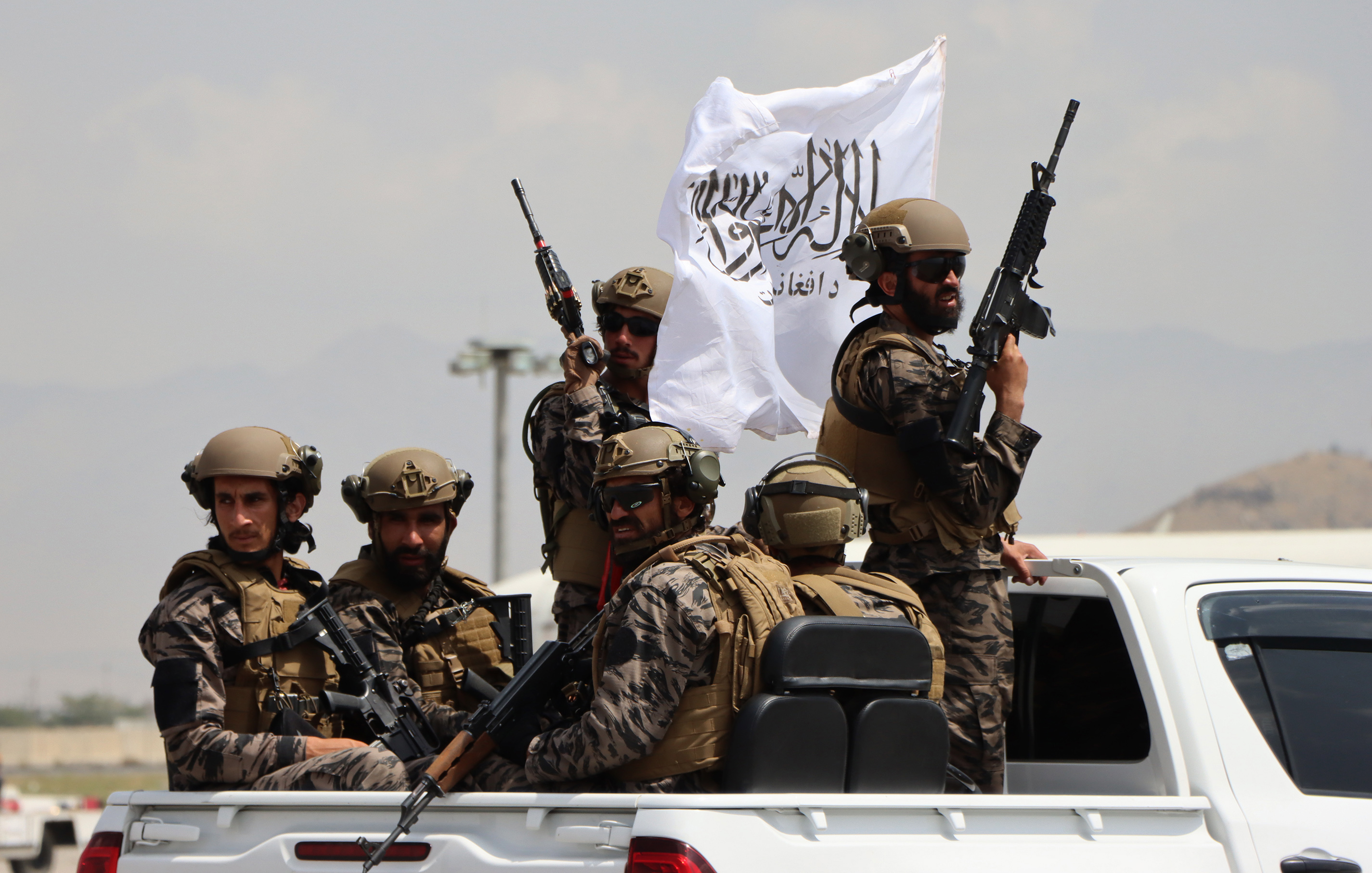It’s only one year since the fall of Kabul last August 15 and everybody in the countries that sent troops to Afghanistan has already forgotten about it (apart from journalists in need of a topic in a slow news month). This was predictable, but it is also unfortunate.
The 20-year Afghan war was never more than discordant noises off-stage for most people in the rich Western countries that sent troops there, so you can’t expect them to remember the ‘lessons’ of that war. The Afghans never had any real choices in the matter, so they have no lessons to remember. But Western military and political elites should do better.
The first lesson is: if you must invade somebody, do try to pick the right country. Americans definitely wanted to invade somewhere and punish it after the terrorist outrage of the 9/11 attacks, but it’s unlikely that Afghanistan’s Taliban rulers were aware of Osama bin Laden’s plans. The ‘need-to-know’ principle suggests that they were not.
The second lesson is: whatever the provocation, never invade Afghanistan. It’s very easy to conquer it, but almost impossible for foreigners to sustain a long-term military occupation. Puppet governments don’t survive either. Afghans have expelled the British empire at its height, the Soviet Union at its most powerful, and the United States.
Terrorism is a technique, not an ideology or a country. Sinn Fein in early 20th-century Ireland had the same goal as Kenya’s Mau Mau rebels of the 1960s – to expel the British empire – whereas the Western ‘anarchists’ of the early 1900s had no territorial base and (deeply unrealistic) global ambitions. So do the Islamists of al-Qaeda today.
There are as many different flavours of terrorism as there are varieties of French cheese, and each has to be addressed by strategies that match its specific style and goals. Moreover, the armies of the great powers must always remember the paramount principle that nationalism (also known as ‘tribalism’) is the greatest force-multiplier.
Western armies got chased out of Afghanistan a year ago because they forgot all the lessons they had learned from a dozen lost counter-insurgency wars in former colonies between 1954 and 1975: France in Algeria and Indochina, Britain in Kenya, Cyprus and Aden, Portugal in Angola and Mozambique, and the United States in Vietnam.
The driving force in all those late-imperial wars was nationalism, and Western armies really did learn the lesson of their defeats. By the 1970s Western military staff colleges were teaching their future commanders that Western armies always lose guerrilla wars in the ‘Third World’ (as it was still known at the time).
The Western armies lose no matter how big and well-equipped they are because the insurgents are fighting on home ground. They can’t quit and go home because they already are home. Your side can always quit and go home, and sooner or later your own public will demand that they do. So you are bound to lose eventually, even if you win all the battles.
But losing doesn’t really matter, because the insurgents are always first and foremost nationalists. They may have picked up bits of some grand ideology that let them feel that ‘history’ is on their side – Marxism or Islamism or whatever – but all they really want is for you to go home so they can run their own show. So go. They won’t actually follow you home.
This is not just a lesson on how to exit futile post-colonial wars; it is a formula for avoiding unwinnable and therefore pointless wars in the ‘Third World’. If you have a terrorist problem, find some other way of dealing with it. Don’t invade. Even the Russians learned that lesson after their defeat in Afghanistan in the 1980s.
But military generations are short: a typical military career is only 25 years, so by 2001 few people in the Western military remembered the lesson. Their successors had to start learning it again the hard way in Afghanistan and Iraq. Maybe by now they have, but they’ll be gone too before long.
This cycle of learning and forgetting again doesn’t only apply to pseudo-imperial wars in the post-colonial parts of the world. The wars between the great powers themselves were having such frightful consequences by the time of the First and Second World Wars that similar disasters have been deterred for more than 75 years, but that time may be ending.
Like many other people, I oscillate between hope and despair in my view on the course that history is taking now: optimistic on Mondays, Wednesdays and Fridays, pessimistic on Tuesdays, Thursdays and Saturdays, and I refuse to think about it at all on Sundays.
Today is a Sunday, but of course I wrote it earlier.
Gwynne Dyer’s latest book is The Shortest History of War







Click here to change your cookie preferences